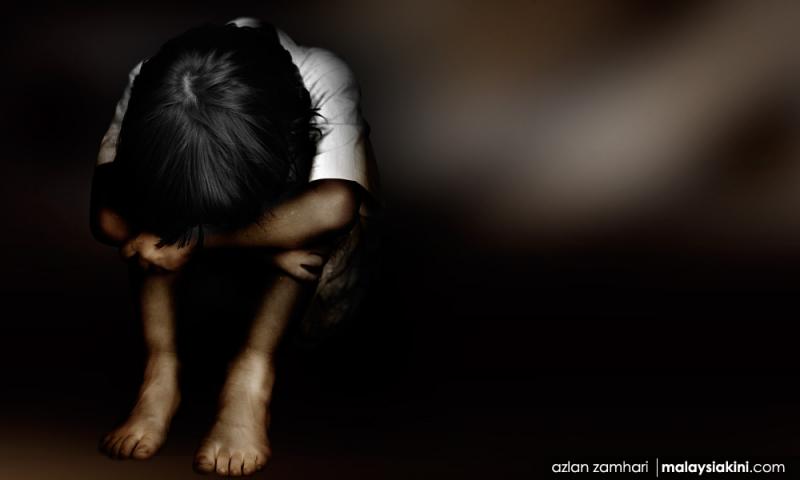LETTER | Failure to report sexual offences against children not trivial
LETTER | It is shocking that Global Ikhwan Service and Business Holding (GISBH) CEO Nasiruddin Ali while acknowledging that isolated incidents of sodomy had occurred within his organisation in the past, said the cases were addressed internally.
Nasiruddin should know of his legal duty to report incidents of sodomy, even if isolated, to the police.
Failure to make a police report about sexual offences being committed against children is an offence under Section 19 of the Sexual Offences Against Children Act 2017 (SOACA). The provision says as follows:
“[A]ny person who fails to give information of the commission of or the intention of any other person to commit any offence under this Act, or any offence specified in the schedule where the victim is a child, to the officer in charge of the nearest police station, commits an offence and shall, on conviction, be liable to a fine not exceeding RM5,000.”
The punishment for the offence makes it a non-seizable offence. In layman’s terms, a non-seizable offence is a less serious offence.
The Criminal Procedure Code (CPC) categorises offences, among others, into seizable and non-seizable offences. This categorisation matters for the purpose of an investigation. Specifically for a non-seizable offence, there has to be an order to investigate (OTI) from the public prosecutor (PP - who is the attorney-general) or the deputy public prosecutor (DPP – who is the alter ego of the PP).
Investigation of non-seizable offences
The law on an investigation of non-seizable offences has been well explained in a couple of cases in the High Court. In Chan Ah Moi v Phang Wai Ann [1995] 3 MLJ 130, High Court judge Abdul Malik Ishak (as he then was) said:
“The police must first determine the nature of the offence before deciding on the next course of action. If the offence is non-seizable in nature, the police will conduct an investigation upon receipt of an order to investigate from the deputy public prosecutor. An investigation of a non-seizable offence without an order to investigate from the deputy public prosecutor would render whatever evidence collected illegal.”
In a later case of PP v Cha Chor Kian [1998] 1 MLJ 167, High Court judge Suriyadi Halim (as he then was), said:
“For purposes of non-seizable offences, no investigation may be carried out unless ‘an order to investigate’ clearance is obtained first from the PP.”
As to which party has the power to investigate, the learned judge said:
“For non-seizable offences, no investigation may be carried out by the prosecution as it is conducted solely by the police or other lawful enforcement agencies. It is trite law that it is the police and not the prosecution who are given the powers to arrest, detain, or seize properties in an authorised manner.
“The police whilst in the process of any investigation or carrying out of their duties will be bound by all the provisions in the Police Act 1967, Criminal Procedure Code and the Federal Constitution, eg art 5(3).”
An OTI can be said to be a condition precedent before an investigation proceeds on a non-seizable offence. The police cannot exercise the special powers of an investigation provided by the CPC unless and until an OTI is issued.
The rationale for an OTI to investigate a non-seizable offence is simply because such offences are, by and large, trivial in nature.
However, offences under SOACA are in no way trivial. They are seizable offences - more serious offences which allow for arrest without warrant and investigation without OTI. All offences under SOACA should be made seizable offences, including under Section 19.
Failure to make a police report about sexual offences being committed against children should not be trivial in nature. It should not be a less serious offence when the information relates to the commission of serious offences.
A fine not exceeding RM5,000 can be but a slap on the wrist for some offenders. The SOACA needs to be amended for the better protection of our children.
What say the women, family and community development minister and children’s commissioner?
The views expressed here are those of the author/contributor and do not necessarily represent the views of Malaysiakini.
RM12.50 / month
- Unlimited access to award-winning journalism
- Comment and share your opinions on all our articles
- Gift interesting stories to your friends
- Tax deductable
